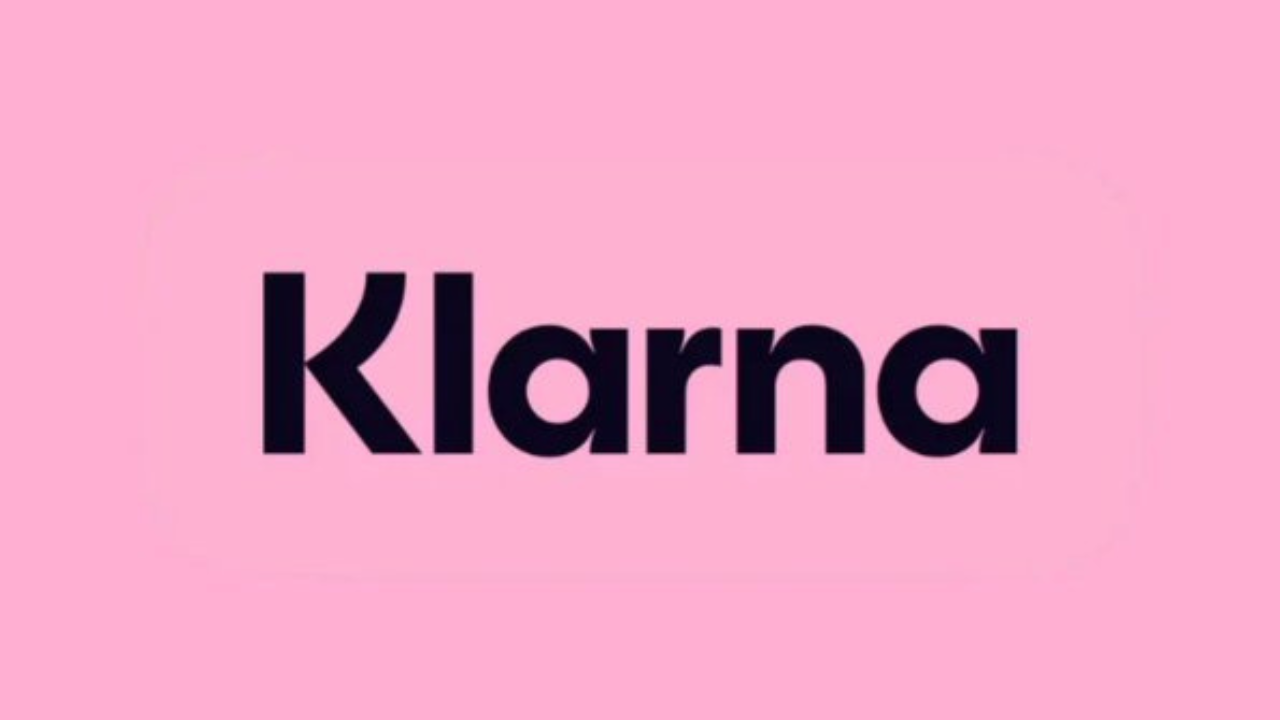Klarna’s Losses Widen After More Consumers Fail To Repay Loans

Klarna’s customers are having a harder time paying back the installment loans they take out with the popular "buy now, pay later" service.
The Swedish company’s net losses doubled in the first quarter even as its user base and revenue grew, Klarna reported Monday, weeks after pausing its plans to go public over concerns about tariffs and economic uncertainty. Klarna’s consumer credit losses swelled 17% in the first quarter from the same period a year earlier, hitting $136 million.
Industrywide, BNPL borrowers are increasingly falling behind on their loan payments. In a survey conducted by the credit platform LendingTree last month, 41% of users said they paid late within the last year, up from 34% the previous year. At least a quarter of BNPL users took out loans to pay for groceries, the survey found, up from 14%.
The debt strain among BNPL customers coincides with broader signs of stretched household finances. U.S. consumer debt rose by $167 billion to hit a record $18.2 trillion in the first quarter, the Federal Reserve Bank of New York reported last week. Credit card balances fell, as they typically do in the months after the holidays, along with auto loan debt. But student loan delinquencies surged from less than 1% to almost 8% as the Trump administration cracks down on federal student loan borrowers.
It’s against this backdrop that BNPL services continue to extend their reach throughout the consumer economy. Klarna recently deposed rival Affirm to become Walmart’s exclusive BNPL provider. And in March, it joined forces with food delivery service DoorDash, adding to industrywide efforts that have made near-instant access to credit increasingly ubiquitous for even small-dollar, routine purchases.
A Klarna spokesperson said the 17% jump in consumer credit losses “doesn’t tell you much about the U.S. consumer” and pointed instead to the company’s credit losses as a share of the total sum it loaned out, or “gross merchandise value.” This metric rose from 0.51% to 0.54%, the spokesperson said, “so a very slight increase but still very low.”
Source: NBCNews
